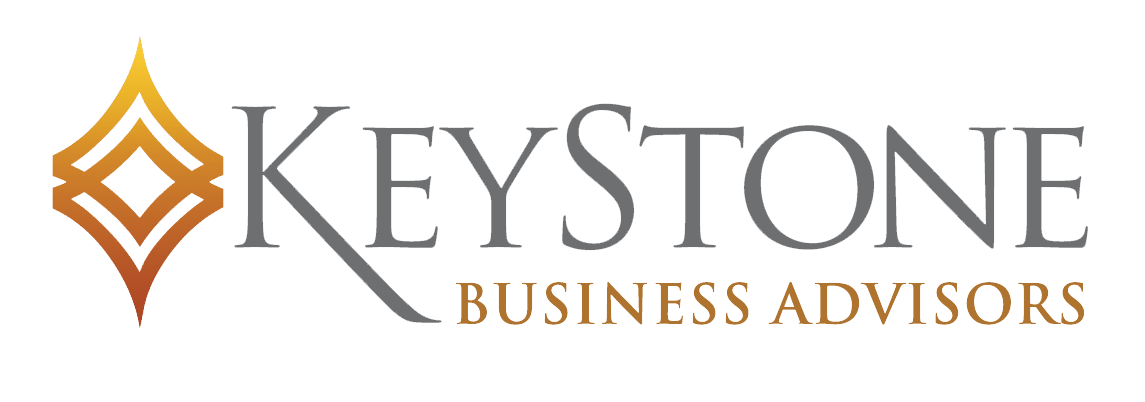Get Ready For The Next M&A Wave
Six Value Builders
Just twelve months ago, most owners of privately held businesses were feeling pretty upbeat. Many had enjoyed a record-breaking year in 2006, and 2007 was shaping up to be another high-water mark. One year ago (unless you were a sub-prime lender or starter-home track builder!) there was still plenty of money available to support merger and acquisition activity at valuation multiples that were at unprecedented levels.
Today, just twelve months later, many of these same successful business owners across the country are reeling from the combined effects of the expanding credit crunch and economic slowdown. Those who had “been thinking” about selling their companies and creating long-term financial security and more free time for themselves now feel trapped and unable to pursue their goals.
As a middle market investment banker and exit strategy advisor, I have observed many owners of privately held companies are now doing nothing to advance their goal of financial security and/or retirement. Instead, they have retreated to the “safety” of waiting until the next wave of M&A activity—the next valuation peak—when, presumably they will start thinking about (more…)
Read MorePreparing Your Company For Sale
Whether you are considering selling your business now or sometime in the future, the most important thing you can do to ensure a successful and profitable sale is to take steps to properly prepare your business for the sale. There are hundreds of reasons why a company is difficult to sell or offers are not as expected, most of which can be attributed to a lack of planning.
Selling a business is like selling a house. The better and more salable you make it look, the faster it sells and at a more favorable price. Whatever your reason for selling, I strongly suggest that you start preparing your business two years before your desired time of sale. All too often, owners come to us wanting to sell their business “yesterday,” yet they have done nothing to position themselves or the company for a sale. Recently, a company failed to sell because the lease had less than one year remaining and the building’s owner would not renew the lease. The buyer would have incurred several hundred thousand dollars to move the operation, which made the sale unattractive. There was also an owner who made every decision himself and did not want to remain with the company one day after the sale. A new owner would be lost for months without assistance from a key employee or secondary manager.
Pre-sale planning
The goal of pre-sale positioning is to deal with any negative aspects that might hinder or prevent a sale, (more…)
Read More